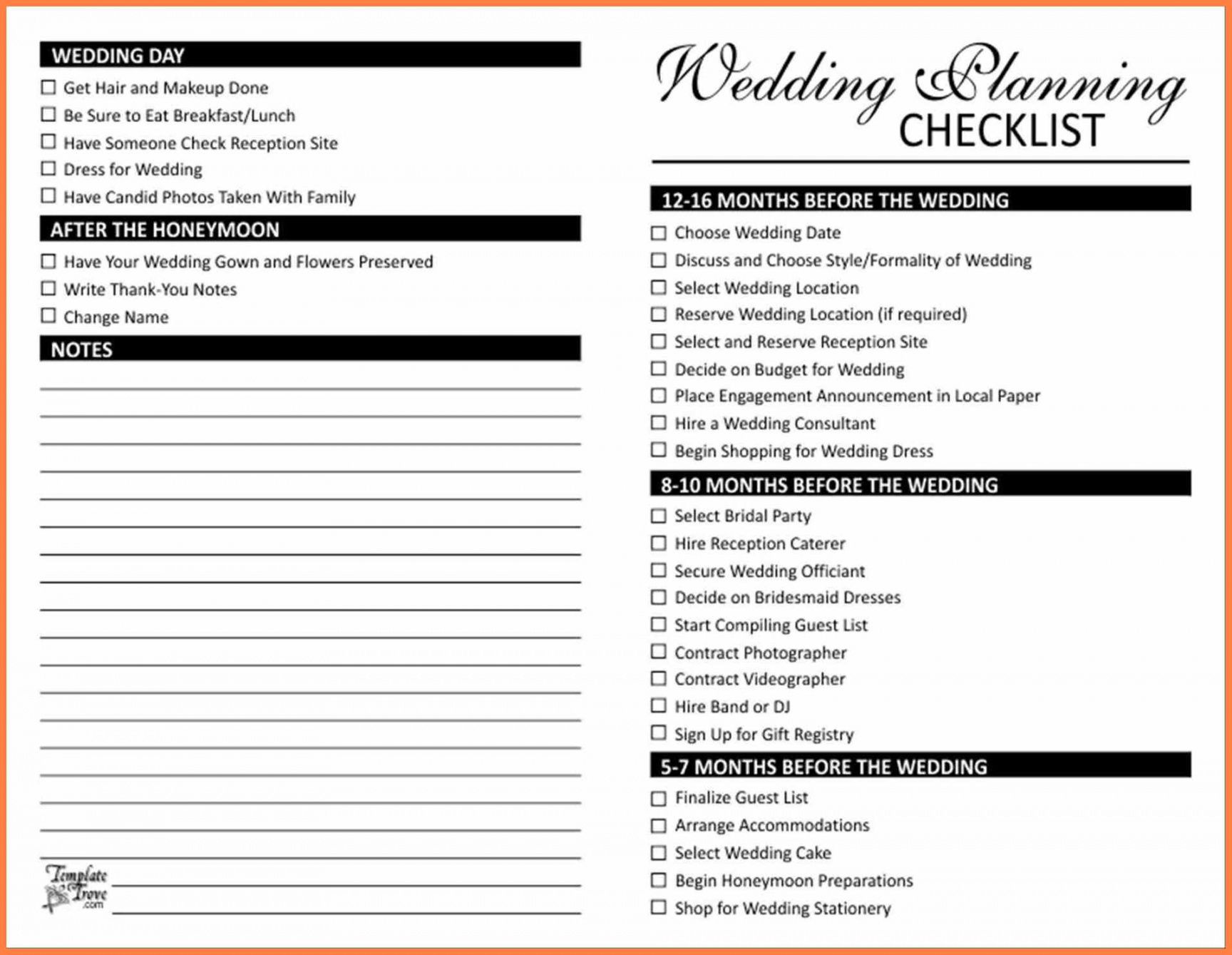Planning a wedding can be an overwhelming task. From choosing the venue to sending out invitations, countless details need to be taken care of. To ensure that your big day goes smoothly, it is crucial to have a wedding checklist.
This comprehensive guide will help you stay organized and on top of all the essential tasks that need to be done before your wedding day.
Creating a Wedding Timeline
One of the first things you should do when planning your wedding is to create a detailed timeline. This will help you stay organized and ensure that you don’t miss any important deadlines. Start by determining your wedding date and then work backward, setting deadlines for tasks such as booking the venue, hiring vendors, and sending out invitations.
Choosing the Perfect Venue
The venue sets the tone for your wedding, so it is crucial to choose one that reflects your style and preferences. Start by considering the size of your guest list and the type of wedding you want. Whether you prefer a rustic barn, a beachfront resort, or a grand ballroom, there are endless options to choose from. Visit several venues and ask about their availability, pricing, and any restrictions they may have.
Hiring Vendors
A wedding involves several vendors, including a photographer, caterer, florist, and DJ. Take your time to research and interview multiple vendors to find the ones that best fit your vision and budget. Ask for recommendations from friends and family, read reviews, and request to see samples of their work. Once you have selected your vendors, make sure to sign contracts and secure their services for your wedding date.
Creating a Guest List
Deciding who to invite to your wedding can be a challenging task. Start by creating a preliminary guest list and then narrow it down based on your budget and venue capacity. Be sure to include close family members, friends, and any other important people in your life. It’s also a good idea to have a backup list in case some of your guests are unable to attend.
Designing Your Wedding Invitations
Your wedding invitations are the first glimpse your guests will have of your big day, so it’s important to make a good impression. Choose a design that reflects your wedding theme and colors. Include all the necessary details, such as the date, time, and location of the wedding, as well as RSVP information. Consider sending save-the-date cards in advance to give your guests ample time to plan and prepare.
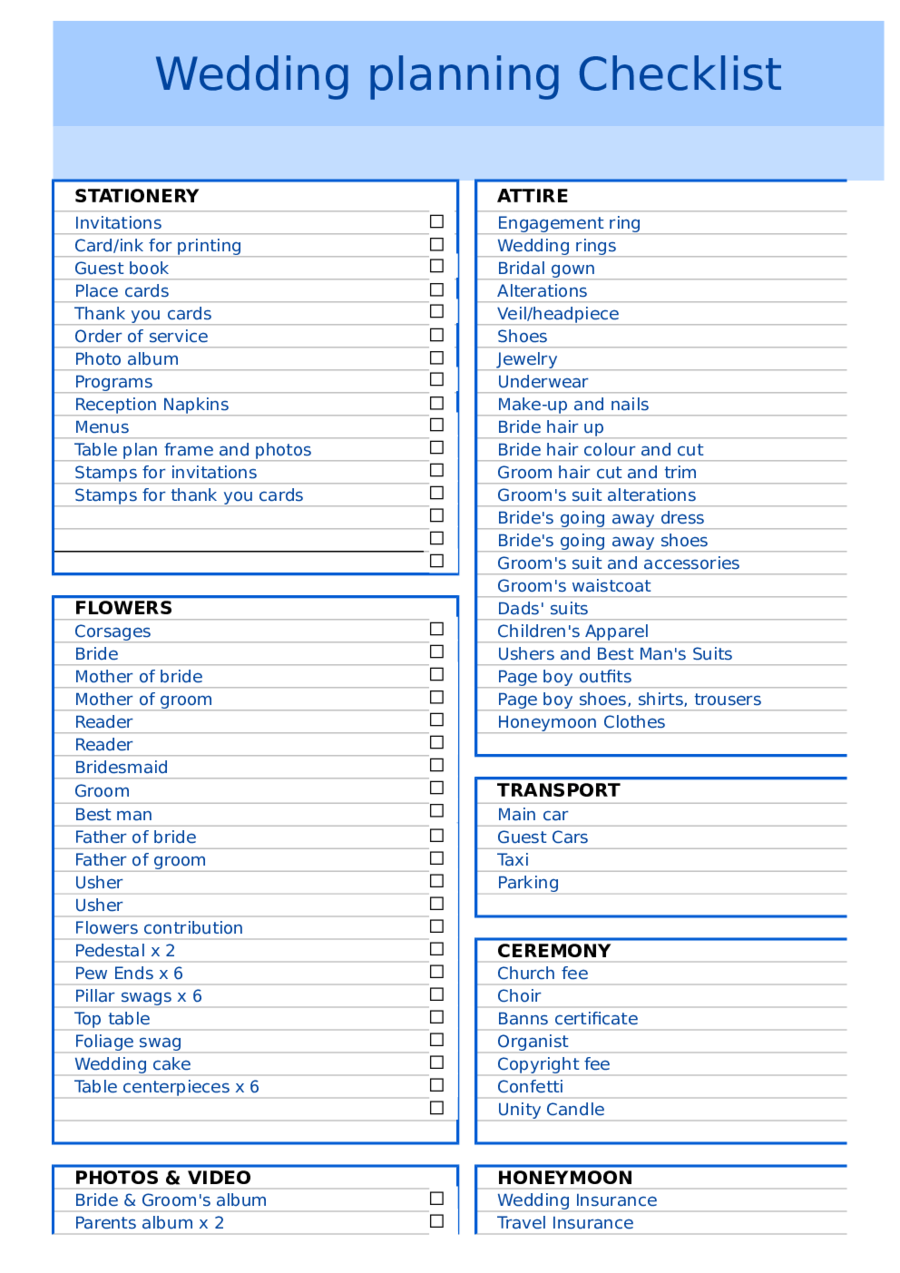
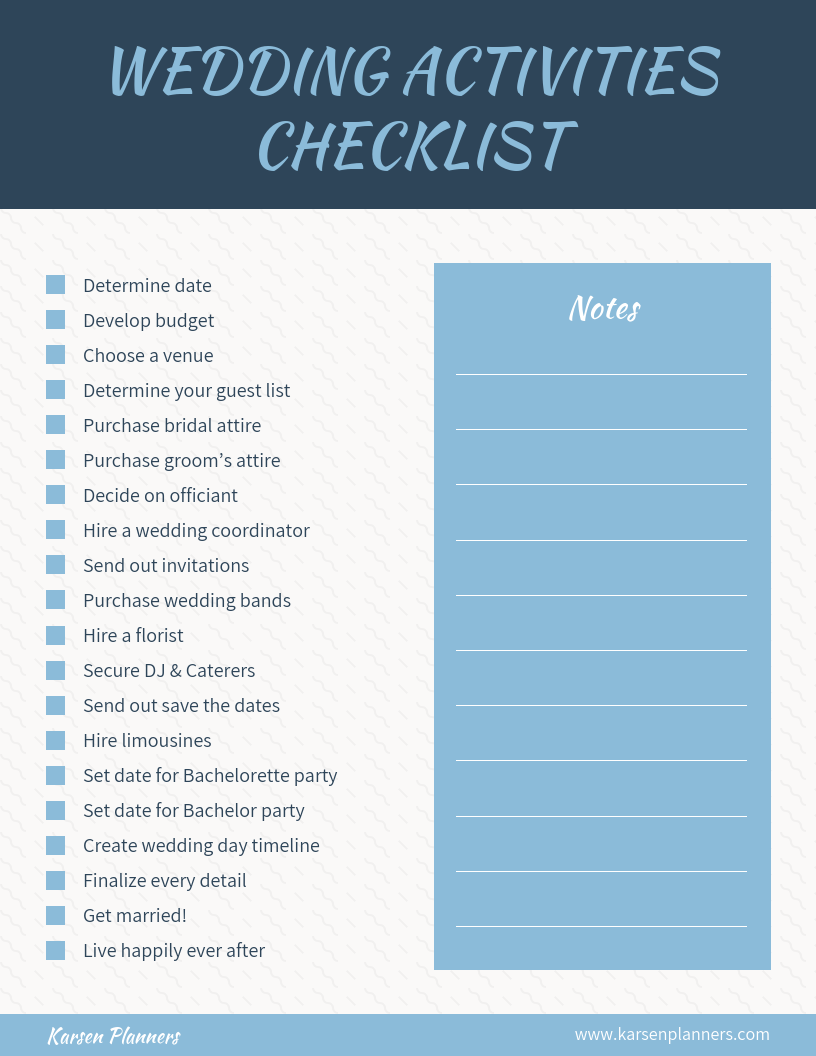
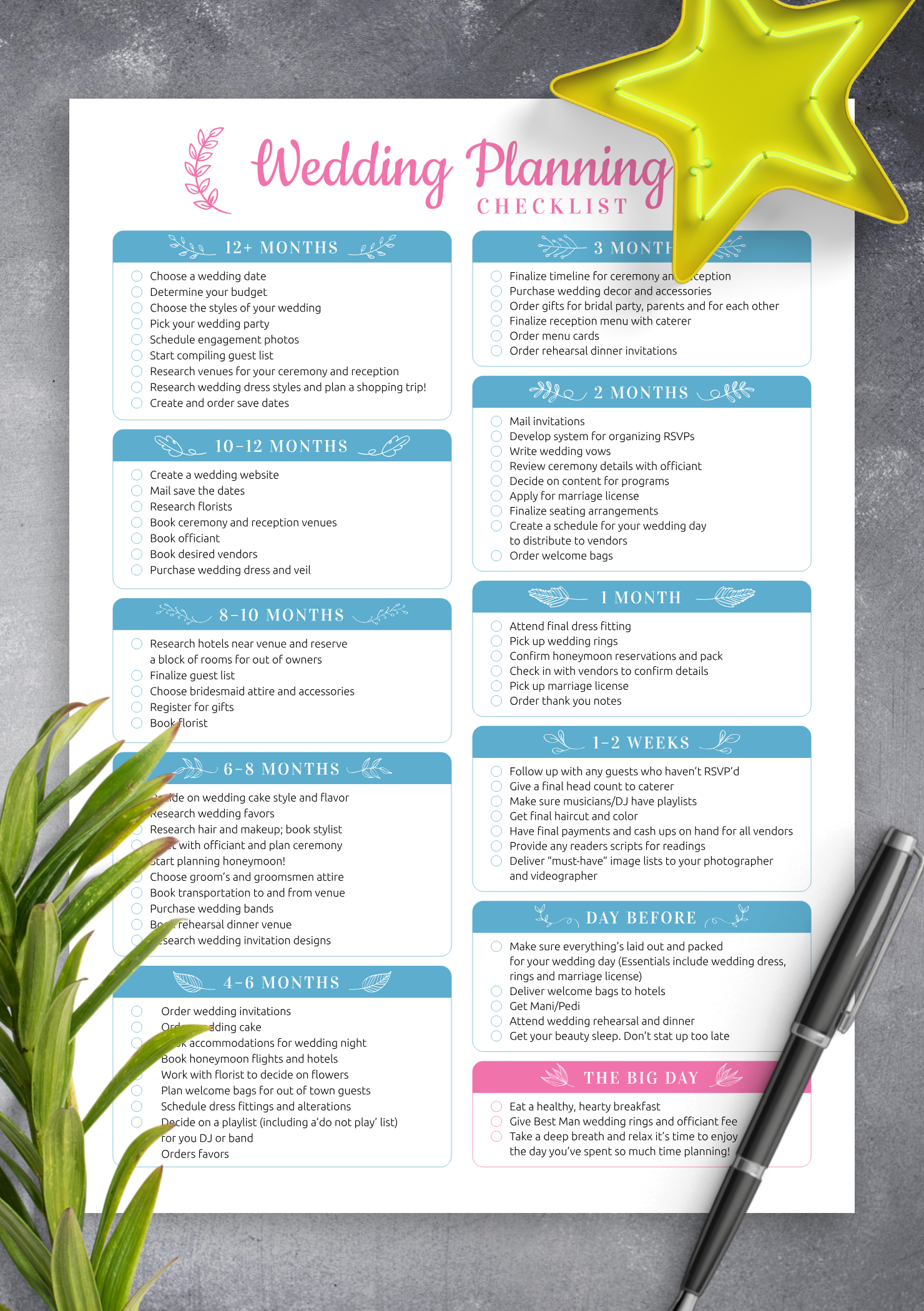
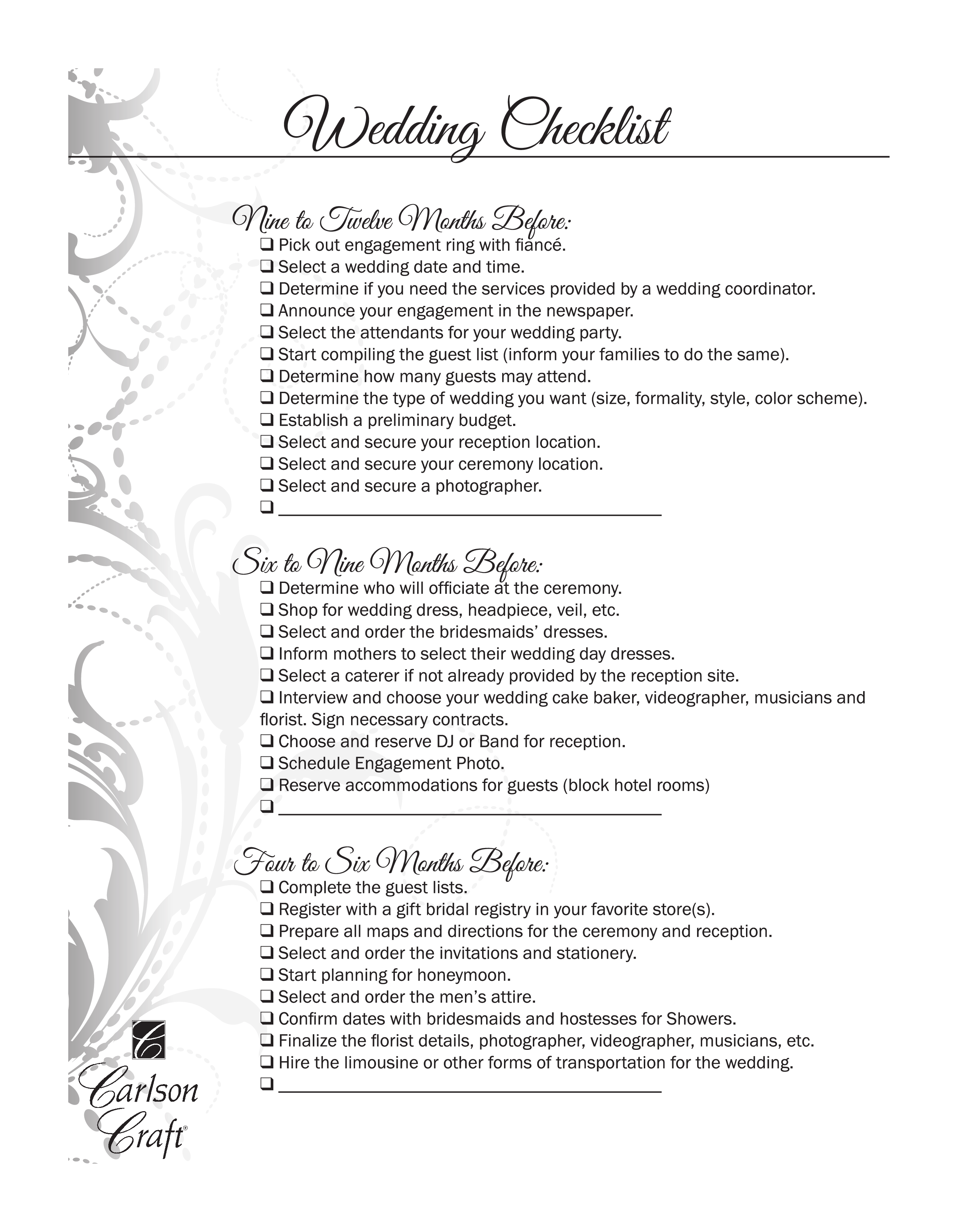
Planning the Ceremony and Reception
The ceremony and reception are the main events of your wedding day, so it’s important to plan them carefully. Decide on the order of events, such as the processional, vows, and exchange of rings. Choose readings, music, and any other special elements you want to include. When planning the reception, consider the layout, seating arrangements, and menu options. Don’t forget to plan for entertainment, such as a band or DJ, to keep your guests entertained.
1. Choosing the Right Officiant
One of the most important decisions you will make for your wedding ceremony is choosing the right officiant. Whether you prefer a religious or secular ceremony, make sure to find someone who aligns with your beliefs and values. Meet with potential officiants to discuss your vision for the ceremony and ensure that they are comfortable with your requests.
2. Selecting Your Wedding Party
Your wedding party consists of your closest friends and family members who will stand by your side on your special day. Choose individuals who are reliable, supportive, and willing to help with wedding-related tasks. Consider the size of your wedding party and the roles you want them to play, such as maid of honor, best man, bridesmaids, and groomsmen.
3. Choosing Your Wedding Attire
Your wedding attire is a reflection of your style and the overall theme of your wedding. Start by browsing through bridal magazines and websites to get inspiration. Schedule appointments at bridal salons to try on different wedding dresses and suits. Don’t forget to consider accessories, such as veils, jewelry, and shoes, to complete your look.
4. Organizing Transportation
Transportation is an important aspect of your wedding day logistics. Consider how you and your wedding party will get to the ceremony and reception venues, as well as how your guests will arrive. Depending on the distance, you may need to hire transportation services, such as limousines or shuttles. Make sure to provide clear directions and parking information for your guests.
5. Planning the Wedding Decor
The wedding decor sets the mood and ambiance of your big day. Decide on a color palette and theme that aligns with your style. Consider elements such as flowers, centerpieces, table linens, and lighting. Create a detailed plan and work with a decorator or florist to bring your vision to life.
6. Creating a Wedding Registry
A wedding registry is a convenient way for your guests to purchase gifts for you and your partner. Choose a variety of items that suit your needs and preferences, such as kitchen appliances, home decor, and experiences. Register at multiple stores to give your guests more options.
7. Planning the Honeymoon
After the wedding festivities are over, it’s time to relax and enjoy your honeymoon. Start by deciding on a destination that suits your interests and budget. Research travel options, accommodations, and activities. Make sure to book your flights, accommodations, and any necessary transportation well in advance.
Final Thoughts
Planning a wedding can be a stressful task, but with a comprehensive wedding checklist, you can stay organized and ensure that nothing is overlooked. Remember to prioritize tasks, delegate responsibilities, and stay flexible throughout the planning process. With careful planning and attention to detail, your big day will be a memorable celebration of love and happiness.
Wedding Checklist Template Word – Download
